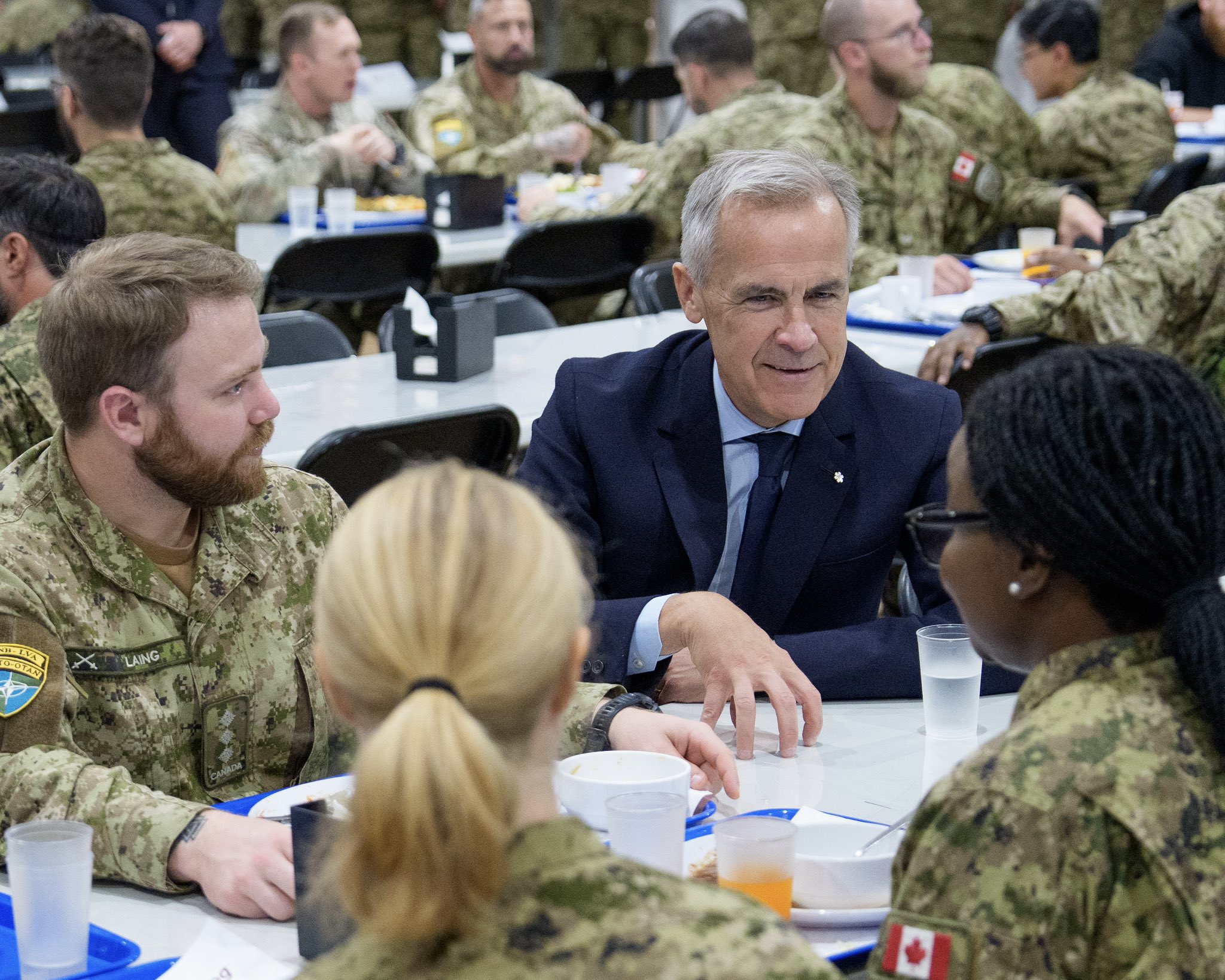Canada Pledges $3M in Emergency Relief to Quake-Hit Afghanistan Amid Widening Humanitarian Crisis
Canada has announced a $3 million emergency aid package to support relief efforts in Afghanistan following a deadly magnitude 6.0 earthquake that struck the country’s eastern provinces last week, leaving more than 2,200 people dead and thousands injured.
 |
| Image Source: Canada PM |
The quake struck on August 31 in Kunar’s Nurgal District near the Pakistan border, with aftershocks and landslides continuing to hamper rescue and recovery operations.
The U.S. Geological Survey estimated that up to 10,000 deaths were possible, with nearly 900,000 people exposed to severe shaking. Entire villages were destroyed, and as much as 98% of structures in some districts were damaged.
Canada’s financial commitment will be distributed through multiple international partners. The World Food Programme is set to receive $1.3 million to scale up food and logistical support. The International Committee of the Red Cross will receive $1 million to aid conflict-affected and quake-impacted communities.
An additional $700,000 will go to CARE Canada and Islamic Relief Canada via the Canadian Humanitarian Assistance Fund to deliver clean water, emergency shelter, non-food items, and basic health services.
Canada is deeply concerned about the ongoing humanitarian crisis in Afghanistan. We are increasing humanitarian efforts to ensure that life-saving aid reaches those who need it the most.
— Anita Anand (@AnitaAnandMP) September 5, 2025
Learn more ⬇️ https://t.co/Fj0GfXqwAe
The Canadian government is also contributing over $36 million in broader humanitarian assistance to Afghanistan in 2025, with funds directed through the UN, Red Cross, and NGO networks.
“This earthquake comes on top of an already dire humanitarian crisis,” Sarai said.
“Millions in Afghanistan face acute food insecurity, displacement, and loss. Canada’s support aims to deliver immediate relief and help save lives.”
The earthquake is the deadliest to hit Afghanistan since 1998. UN agencies report that over 500,000 people have been affected, including at least 260,000 children.
Many casualties were reported in hard-to-reach mountainous areas where most homes were built from mud and stone. The region had already been battered by heavy rains, increasing the risk of landslides and hampering access.
The United Nations allocated $5 million from its Central Emergency Response Fund (CERF), to which Canada is a leading donor. Other countries -- including India, the United Kingdom, Turkey, Iran, Qatar, China, South Korea, and the European Union -- have already dispatched aid, medical teams, and emergency supplies. Some of the hardest-hit areas, however, remain inaccessible days after the disaster.
The Canadian government emphasized that all aid will be routed through established humanitarian partners with strict oversight and accountability measures to ensure principled delivery.
Canada does not recognize the Taliban government and continues to route all assistance independently of Afghan authorities.
